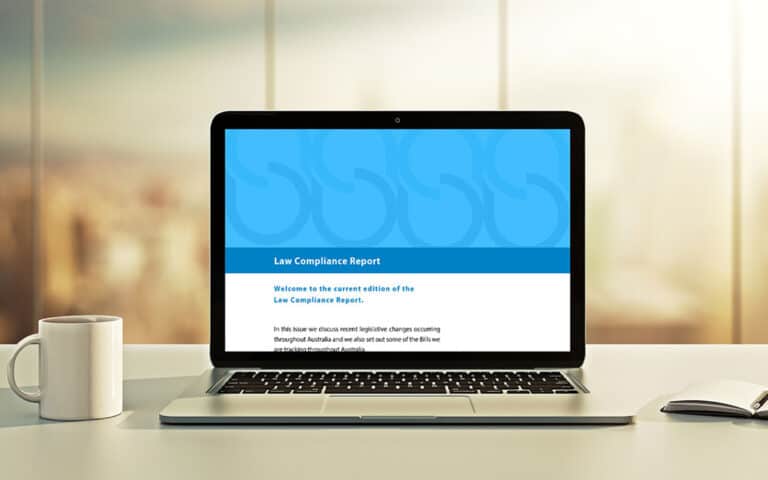This article applies to organisations involved with surrogacy arrangements and will likely form a new topic.
Surrogacy Bill 2022 (NT)
Please be advised that the Surrogacy Bill 2022 (NT) (the Bill) passed the Northern Territory Parliament on 12 May 2022. The Bill will commence on a day fixed by the Administrator by Gazette notice but, if it has not commenced in that manner by 21 March 2024, it will commence on that day.
The purpose of the Bill is to establish a regulatory framework for surrogacy arrangements for a non-commercial purpose, while expressly criminalising commercial surrogacy.
Regulation of surrogacy arrangements
The Bill provides that surrogacy arrangements are not legally enforceable, except for the recovery of reasonable costs of the surrogate mother associated with a surrogacy arrangement. Specifically, the Bill states that a surrogacy arrangement, other than a commercial surrogacy arrangement, may provide for the payment or reimbursement of the reasonable costs associated with the following:
(a) the surrogate mother trying to become pregnant, being pregnant and giving birth;
(b) the surrogate mother and her partner, if any, entering into or being a party to the surrogacy arrangement;
(c) the surrogate mother and her partner, if any, being a party to proceedings under the Bill.
Reasonable costs include medical expenses, counselling costs, legal costs, child costs etc incurred by the surrogate mother as a result of the surrogacy arrangement, which are not recoverable under Medicare, health insurance or any other scheme.
Surrogacy arrangement means an agreement, understanding or other arrangement entered into by a woman and one or more other persons under which:
- a child born as a result of the woman’s pregnancy is to be treated as a child of the other person or persons instead of the woman; and
- the other person or persons are to become the parents of and assume custody of the child instead of the woman.
Requirements for surrogacy arrangements
The Bill introduces requirements which will need to be met to establish a valid surrogacy arrangement. These requirements are inclusive of, but not limited to:
- the surrogacy arrangement must be in writing and entered into prior to the surrogate mother falling pregnant;
- the intended parent(s) must be at least 25 years of age and Australian citizens or permanent residents of Australia;
- the reason for entering the surrogacy arrangement is due to the intended parents being unlikely to become pregnant due to a medical reason or other circumstances (gender identity, sexuality etc);
- each party to the surrogacy arrangement must receive legal advice from a practitioner regarding the implications of entering into a surrogacy arrangement;
- each party to the surrogacy arrangement must receive counselling from a registered counsellor regarding the implications of entering into a surrogacy arrangement. This counselling must be undertaken prior to entering the surrogacy arrangement and also following the birth of the child.
Offences in relation to surrogacy arrangements
Finally, the Bill introduces a series of offences relating to surrogacy arrangements, including offences for persons who intentionally:
- enter into, or offer, a commercial surrogacy arrangement;
- provide, or offer, a service to assist with the arrangement in exchange for a payment, reward or other material benefit;
- publish information that encourages a person to enter a commercial surrogacy arrangement or states/implies that a person is willing to do so;
- provide, or offer, fertility services to assist a woman to become pregnant that is party to a commercial surrogacy arrangement;
- publish information relating to the identification of the parties of a surrogacy arrangement, including the child itself and/or disclose this information for an improper purpose.
Please click here to access the full Bill.




